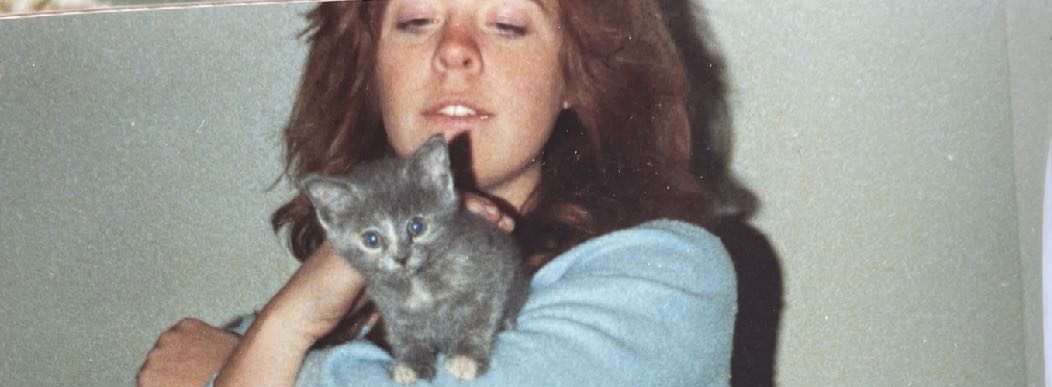What Can I Do For His Little Brother?
When I was first learning to understand Dylan’s screamingly strong personality, Kirk Martin’s program, Celebrate Calm, changed my life. I bought all of the CDs I could find, and heard Kirk Martin speak at least half a dozen times. I discovered that frustration and heartache are normal when raising a child like Dylan. Better yet, I learned (and re-learned) how to focus on Dylan’s strengths and encourage his successes.
I left each session with renewed hope for Dylan. But one question was constantly nagging, somewhere in the back of my brain. So one day, I asked Kirk Martin if he could answer it.
“What can I do for his little brother?”
Shane was in second grade. Whereas Dylan endlessly careened, Shane was laid back, quiet. “Children are all different,” Kirk Martin told me. “And not all children require the same types of parental guidance.”
Our house was chaotic. Even while practicing “calm” techniques, there was a lot of yelling. We didn’t do anything perfectly. Dylan and I argued for at least half a decade. Frustration levels still run high quite frequently.
Shane, though, sits on the sidelines. He is rarely involved, but he is almost always within earshot.
So a few years later, when Shane was 10, I asked a psychologist: “I spend so much time worrying about Dylan, arguing with Dylan, obsessing about how to help Dylan. And Shane is so laid back and quiet; I worry that he’s suppressing everything.”
After asking me a handful of questions about Shane’s behavior, the psychologist said, “It sounds like he’s handling his feelings in a pretty healthy way.”
Now, a few more years have passed. Life is less insane. Dylan has outgrown some of his rebellion; I’ve learned how to respond less explosively. But Shane is always nearby when the levee breaks.
Nowadays, Shane spends a lot of time in his room with the door closed. He wants only to eat junk, watch TV, and play video games. His room so messy, it’s almost uninhabitable.
Still, Shane does his homework; he gets good grades; he hangs out with his friends. He chats, texts and posts stuff, like every teen.
But I am worried about Shane. He hasn’t required the kind of parental guidance I’ve given Dylan for so long. In fact, he’s required almost no parental guidance whatsoever. And Shane still appears to be handling his feelings in a pretty healthy way.
Unfortunately, I don’t know what “healthy” looks like. I’ve handled almost nothing – my whole life – in a healthy way. And I wouldn’t recognize a normal, healthy teenager if one bit me in the face.
(Well, I suppose if one bit me in the face, it wouldn’t be a normal, healthy teenager. But that’s beside the point.)
I don’t know if Shane is okay. I’ve talked to Shane – about his room, for example, which looks like a hurricane just blew through. “I’m just lazy,” he said. But is that all there is to it?
Shane hoards things – and not in a compulsive, organized fashion. Is this a sign that something’s wrong, that he’s afraid to let go of his childhood? Or is this a sign that he’s a teenager?
He grunts at me now. He doesn’t hug me back. Shane is the kind of teenager I thought they made up for television shows and movies. He disappears even when he’s right in front of me.
I keep waiting for him to lash out, argue, self-destruct, or go into a rage. But Shane is still laid back and quiet. Maybe this is all perfectly okay.
How could I possibly know?
